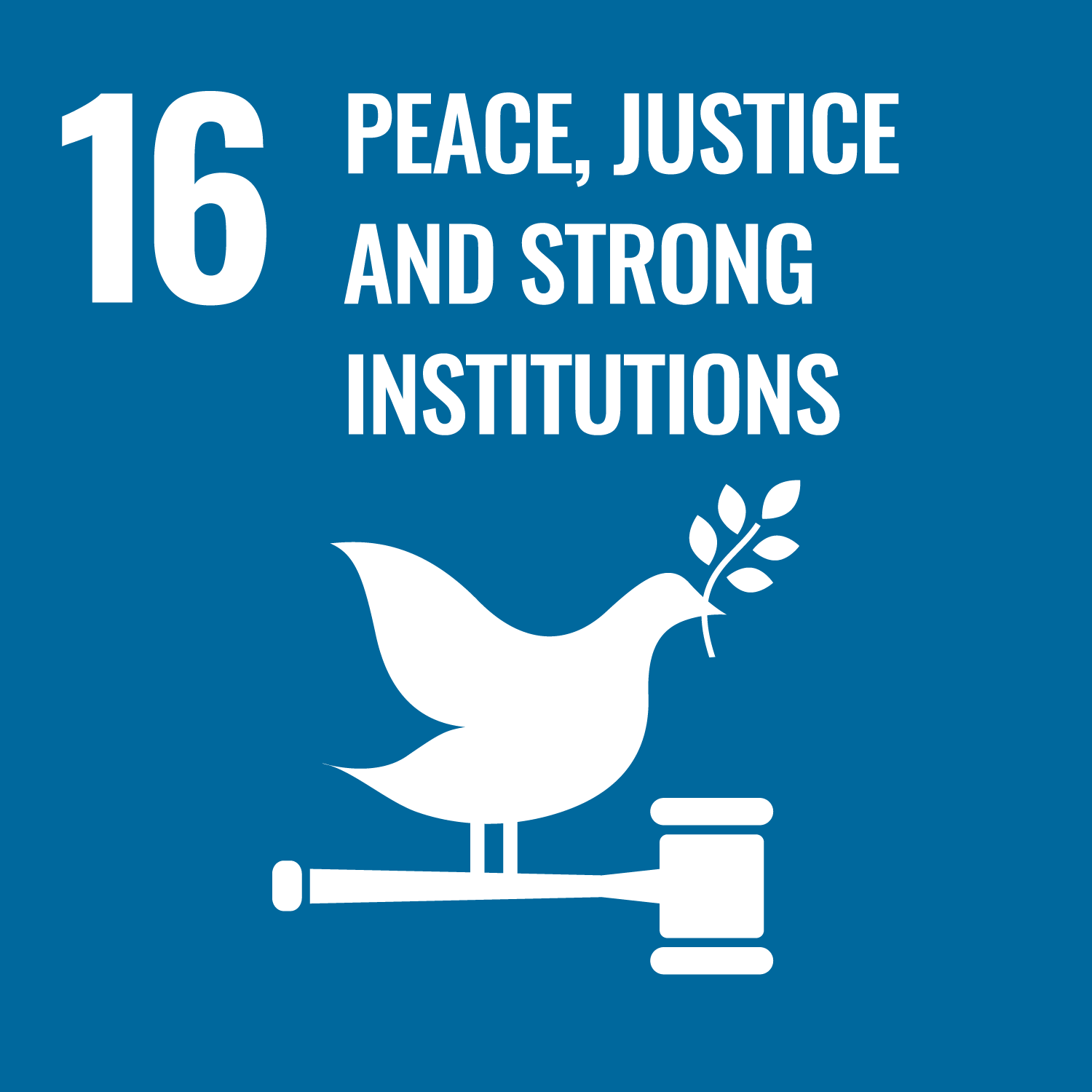This article summarises research conducted by the United Nations Development Programs (UNDP) LINKAGES, an HIV service delivery project, supported by USAID’s President’s Emergency Plan for AIDs Relief (PEPFAR), and the University of the West Indies. The research aims to provide both a qualitative and quantitative understanding of GBV perpetuated in Latin America and the Caribbean against trans women, specifically. In this regard, the authors sought to disaggregate data on GBV in the context of sexual orientation and gender identity and expression (SOGIE), as the lived realities of trans people too often become absorbed in separate narratives, while their particular experiences are not properly flesh-out.
In looking towards the future of SOGIE-inclusive policy practice and service provision, the authors identify four institutional categories in which trans women experience high-levels of GBV that are detrimental to their overall well-being: (1) Education; (2) Healthcare; (3) Police interactions; (4) Other State Institutions. Research and interviews were conducted in a participatory approach with trans women in El Salvador, Trinidad and Tobago, Barbados, and Haiti. The authors found that emotional abuse, both subtle and direct forms that led to public humiliation and embarrassment, hampered trans women’s ability to access high quality and nondiscriminatory services in all four institutional areas. Participants noted their specific needs often went unmet, and direct or subtle discrimination have made it common for trans women to avoid accessing service providers all together.
Using this data, the authors provide recommendations for policy makers in each country, drawing on recent trans-inclusive policies and programs in Argentina to demonstrate how nondiscrimination and gender-affirming laws can be implemented in practice.








